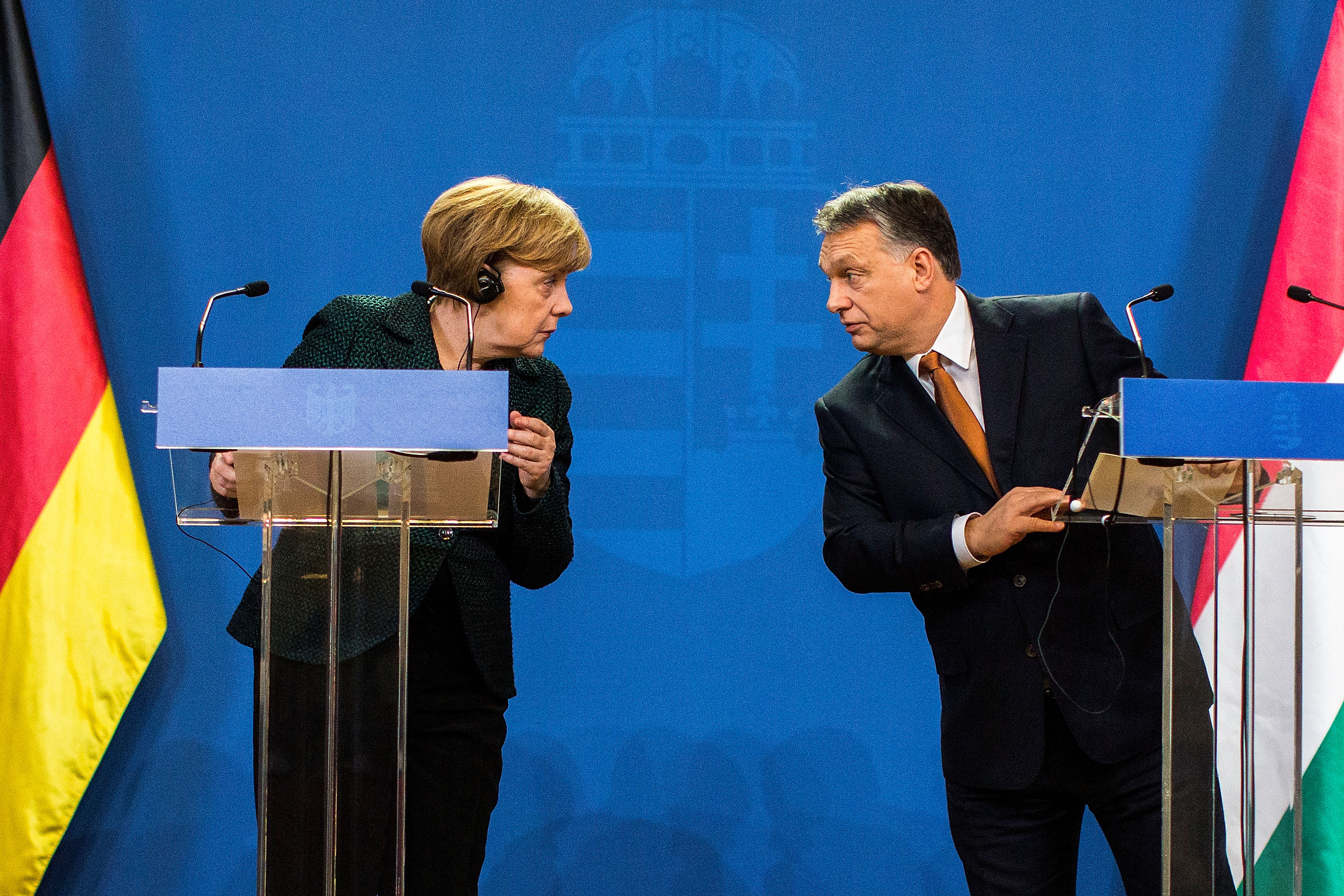Text: Žikica Milošević
After many years of blind following of the „Western-Western“ model of the values that drive European civilisation, the Easternmost members of the European Unions seem to opt for a middle ground and their own set of values.

Well, this all can be called „Eastern-Western“ model. Although deeply schizoid, this definition is in fact perfectly balanced and nuanced since it shows that, although it might look as a „Central European perspective“, it is not. The Eastern European EU members deeple feel they are in the West. They is nothing „central“ about them, they say. But here comes the catch. They deeply feel that they are the true bearers of the Western and European values in general, and that the Western Europe somehow deviated from the path.
The whole idea can be observed in Russia, too, although they opt for a different set of values, which was properly called by Nikita Mikhalkov „Eurasian“, in Turkey, where there is a growing sense of Turkish separate identity as a bridge between Europe and Asia, secularism and religion, East and West. Even in Serbia. But the Eastern EU version says the same thing, summarised like this: „Back in 1989 we wanted to be like you, Western Europe. You were a perfect model, raw model. We just wanted to imitate you, to emulate you. But in the meantime, you have moved towards some strange values and it is not that we are not following the European values, you are not following them anymore.“ And what are the values that Eastern EU members highlight? Social conservativity (not too many LGBTQ stuff, not too much multiracial immigration, let us remain the same as in 1992 or in 1892, OK?), fiscal and economic antiausterity with the state help for economic growth, stronger religious and national feelings even in the non-religious countries, the lack of will to let the things go to Brussels.
And I properly dubbed it (I hope) „The Intermarium Rebellion“. What is Intermarium after all? It is a plan for a federation of Poland, Czechoslovakia, Yugoslavia, Finland, Hungary, the Baltic States, Romania and Bulgaria (sometimes Belarus and Ukraine), as a „cordon zone“ against Russian Empire or Soviet Union from the East and against the imperial powers of Germany, Austria and Italy from the West. The term was coined by Józef Piłsudski, as „Międzymorze” (or “Međumorje” in Serbian) since it stretched between the Baltic, Adriatic and Black seas. Now it is pretty much the same. It is a group of countries that oppose Russia and the Western EU (not with the same zeal, of course) and try to set their own values. Of course, Finland is out now, and only 2 out of 6 ex-Yugoslav countries are in the EU, but according to its own set of values, we can easily add Austria to the group.
And it is quite funny when you analyse the texts about Hungary and Poland lately, with all the astonishment about their attitude towards Brussels. Like nobody ever read history books. Recent „Freedom Day“ in Hungary, commemoration the unsuccessful 1956 Hugarian Revolution, was once again underlined by the rebellious spirit of the Hugarians. Remember, they were the first to rebel against the Habsburg multinational state in 1743 and 1848, they were the first to rebel against Moscow in 1956, and they are the fiercest rebels against Brussels now. They simply dislike being imposed foreign values and being dictated from a foreign centre. That’s why they are the first in line to rebel against Brussels. And Poland? Nobody remembers Polish rebellious against the Tzarist Russia, the Warsaw Rebellion against the Nazis? They are another unsettled nation which does not like other people’s values and centralisation. Even when they had their autonomous kingdom in Russian Empire with their own parliament and laws, they were not satisfied. You should not be so bewildered. You just have to read history more thoroughly.
And what is the solution? Well, if you have some 12 out of 27 (in the near future) countries that have their own set of values, inherited by, doesn’t matter, Socialism, Habsburg Mitteleuropan parish narow-mindedness of whatever you cynically call it, it does not change a thing. The Eastern European EU members don’t want to imitate anyone now. They think the West betrayed the European values. They are ready to say it loud. The question is, how Europe, or at least, the EU, can be one mind and one soul again? Europe has already lost Russia, Belarus, Armenia, Turkey. They have their own mindsets now. The countries in between (Serbia, Bosnia-Herzegovina, Ukraine, Moldova, Macedonia…) lie in a shaky zone. At least the current members of the EU can be saved. Or we will see few different Europes, as in the case of culturally sharply divided USA? We will see.